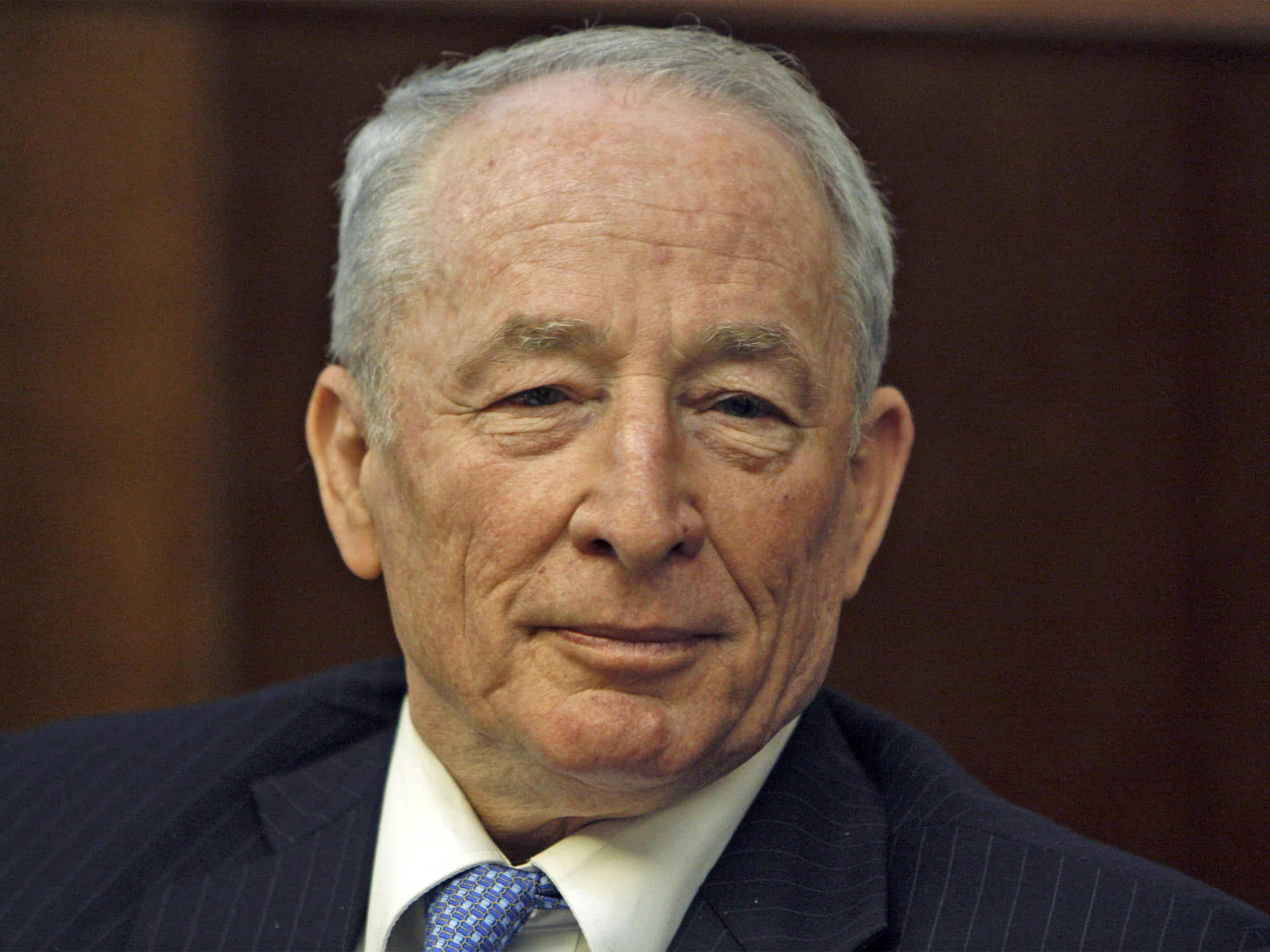Israeli law will strip many Arab ‘absentees’ of land
Attorney-General Yehuda Weinstein decides on criteria for barring West Bank Palestinians from maintaining their properties in Jerusalem

Israel is moving ahead with plans to apply a legal device that would enable it to seize of up to forty percent of Arab private property in annexed East Jerusalem, the area Palestinians envision as their future capital.
The legal preparations to advantage Jewish settlers at the expense of Palestinians, combined with announcement of plans to build more than 3,100 units for settlers in East Jerusalem and the West Bank, are enflaming tensions even as substantive peace talks resumed in Jerusalem for the first time in five years.
Haaretz reported that Israeli Attorney-General Yehuda Weinstein has now decided on criteria for barring West Bank Palestinians from maintaining their properties in Jerusalem.
One of these criteria, according to Haaretz, is the proximity of the Palestinian property to Jewish settler housing, raising Palestinian fears that the move could pave the way for significant transfers of Palestinian properties to settlers.
“This is another very dangerous, provocative move to consolidate Israel’s hold in East Jerusalem,” said the PLO spokeswoman Hanan Ashrawi. “East Jerusalem is occupied territory and Israel has no business annexing it or applying this property law.” Israel captured the area in the 1967 Middle East war and later declared it part of its “eternal, undivided capital”. The international community rejected the annexation as a violation of international law.
An Israeli foreign ministry spokesman, Yigal Palmor, played down the Haaretz report, saying it referred to a “draft resolution that may be amended before it is adopted”.
“The Palestinians are complaining about everything in order to get the upper hand in the media battle,” he said.
In June, Attorney-General Yehuda Weinstein wrote to Israel’s Supreme Court saying that the government supports applying in East Jerusalem an absentee property law originally used to take over the property of Palestinian refugees who fled or were expelled in the 1948 war accompanying Israel’s establishment. Mr Weinstein wrote that Palestinians residing outside the Israeli-declared municipal boundaries of the city in the West Bank are considered “absentees” rather than the owners of their property in Jerusalem – a designation that would enable the state to seize their land.
That stance, given in the context of a high court appeal by Palestinians to reclaim sequestered property, represented a shift from the position enunciated in 2005 by Attorney General Menachem Mazuz, who held that the law should not be applied in East Jerusalem because that was not its original intent and because doing so could harm Israel’s international standing.
The shift in the Israeli government position on the law could make up to forty percent of the private Palestinian property in East Jerusalem subject to state confiscation, according to Daniel Seidemann, head of Terrestrial Jerusalem, an Israeli NGO that supports a compromise in the city.
Yehudit Oppenheimer, director of the dovish NGO Ir Amim, said: “Applying the absentee property law is a legal way of stealing the property of the Palestinians.”
Join our commenting forum
Join thought-provoking conversations, follow other Independent readers and see their replies
Comments
Bookmark popover
Removed from bookmarks